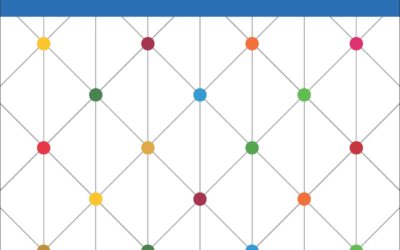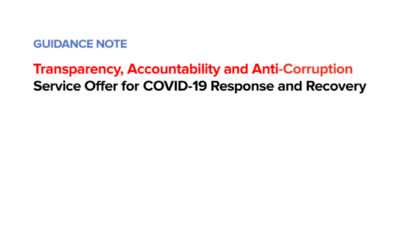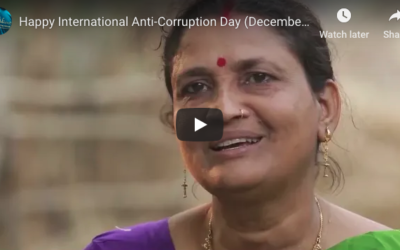
23 Sep 2015 by Patrick Keuleers, Director, Governance and Peacebuilding, Bureau for Policy and Programme Support
Ending impunity was the main topic at the 16thInternational Anti-Corruption Conference that took place this month in Malaysia. Most topics discussed at the conference resonated well with the proposed Sustainable Development Goal 16 on building peaceful, just and inclusive societies.
Goal 16 is a victory for the anti-corruption movement as for the first time, the development agenda makes an explicit link between good governance and fighting corruption and peace, justice and inclusive development.
This does not come as a surprise. There is now empirical evidence that once a critical threshold is reached, increasing levels of corruption result in increased levels of violence, impunity and insecurity. There can thus be no sustainable peace in a society plagued by endemic corruption and impunity.
There can also be no sustainable peace when those who hold power, be it political, economic or criminal, can purchase their impunity. And there can be no peace, nor justice when large groups of people are discriminated against because they are unable to overcome the many illegal hurdles that prevent them from enjoying their rights.
Breaking the culture of corruption and impunity requires a comprehensive governance approach that involves, among other things, efforts to strengthen the rule of law, ensuring equal access to justice and public access to information. It calls for the development of effective, accountable and transparent institutions at all levels.
Because of the impact of corruption on the poor, at UNDP we focus much of our work on analyzing corruption risks in key social sectors: education, health and water and sanitation, and soon also in the security sector. But the nature of corruption has changed to become far more complex and engrained in obscure and increasingly global networks.
Where the capacity of national integrity institutions is totally overstretched in the face of endemic corruption and impunity, new forms of international cooperation are needed to restore the legitimacy of sovereign institutions. The “International Commission against Impunity”, established in Guatemala in 2006 to help national institutions tackle the deeply ingrained corruption and related impunity, is one example of the international assistance needed to restore trust in the functioning of national integrity institutions.
With more sophisticated problems comes the question of resources to tackle them. At the International Conference on Financing for Development in July, member states adopted the Addis Ababa Action Agenda (AAAA) which provides a financing framework to support the implementation of the 2030 Agenda for Sustainable Development.
The measures proposed emphasize the need to consider all sources of finance, public and private, domestic and international to complement each other. The Action Agenda also puts more emphasis on building capacities for domestic resource mobilization. That is why UNDP and the OECD launched the Tax Inspectors without Borders initiative, to provide tax management support to countries facing particular development challenges – least developed countries, Small Island Developing States and states struggling from severe dimensions of fragility.
Improved mobilization of domestic resources will not be possible without curbing the various forms of corruption and money laundering that severely reduce the taxable resource base. If the world community expects developing countries to take more responsibility for financing their sustainable development agenda, then support for strengthening their national integrity institutions will need to be increased, not reduced.
It also means that impunity for crimes of corruption can no longer be tolerated, anytime, anywhere.




